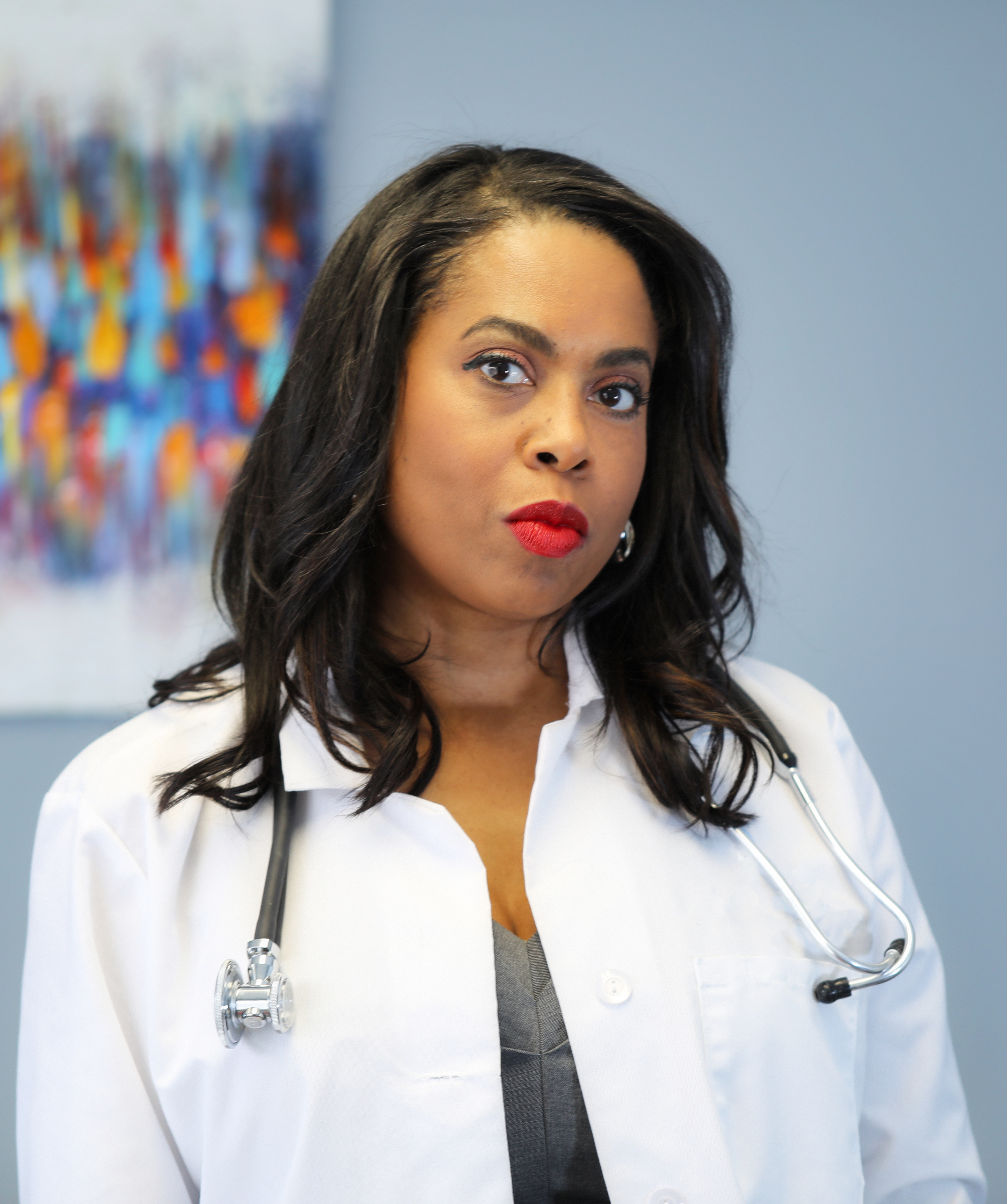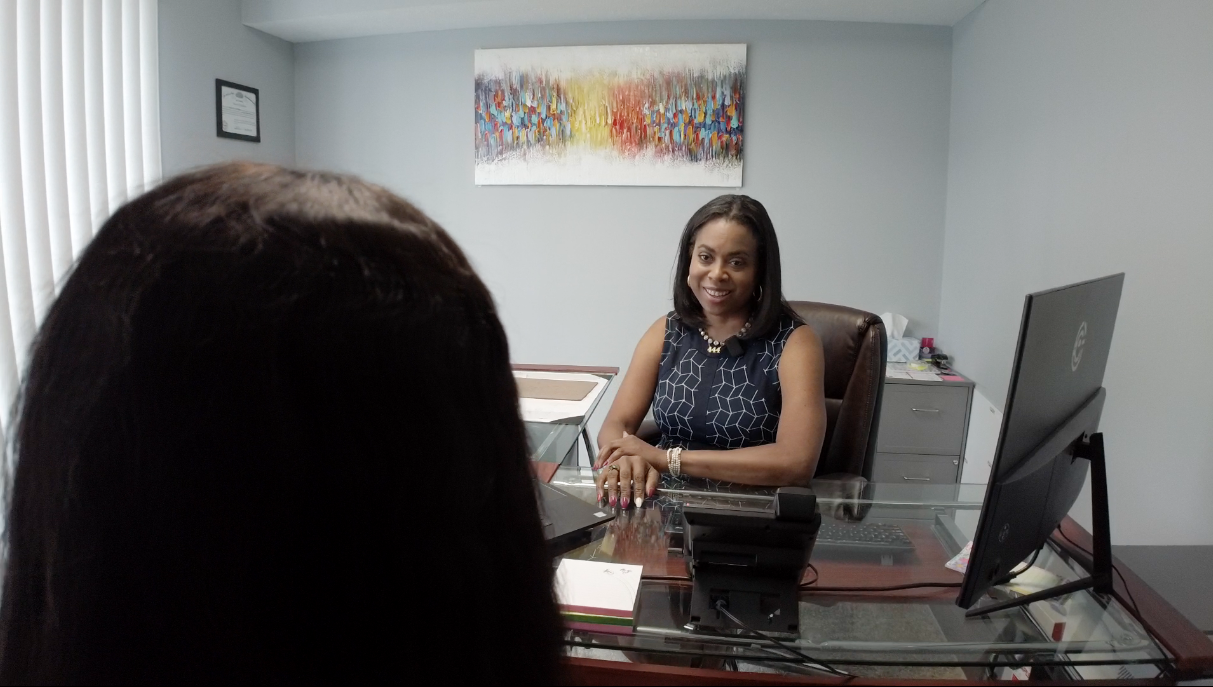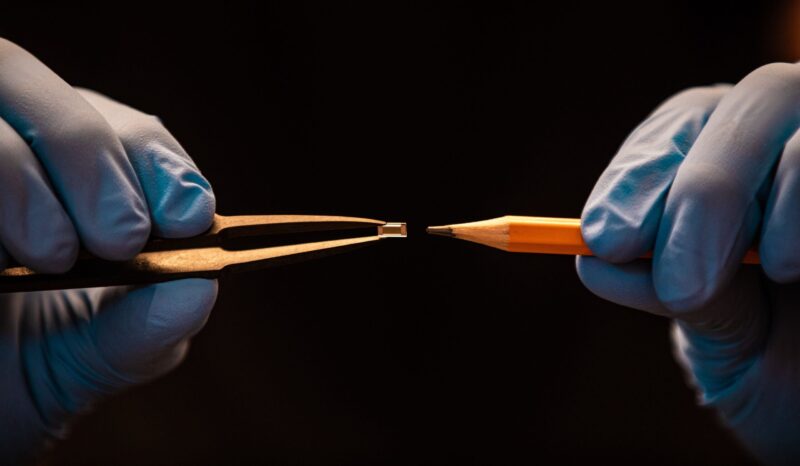According to numerous studies, patients in the United States are frustrated with the healthcare system. In a retrospective study by The National Institutes of Health in 2018 involving 587 patients, 77% cited lack of empathy and nonchalant treatment as their biggest complaints.
Fifty-five percent reported being annoyed by physicians’ poor communication and refusal to involve their patients in treatment approaches.
In 2021, Harvard Medical School published the article “Is Our Healthcare System Broken?” in which they concluded patients’ top complaints were:
• Skyrocketing costs combined with insurance companies’ frequent denial
of coverage
• The prescription pad vs. lifestyle changes and/or plant medicine
• Treating symptoms vs. getting to
the root cause
• Prescribing medications with dangerous
side effects
• Uneven access to healthcare for communities of color and those from
lower socioeconomic backgrounds
Given this dysfunction, one might assume doctors see healthcare from a different perspective. It turns out that many physicians share their patients’ concerns.
The February 2023 New York Times Op-ed, “Doctors Aren’t Burnt Out from Overwork. We’re Demoralized by Our Health System,” reports that in 2021, “117,000 physicians left the workforce, while fewer than 40,000 joined it.”
Cannabis’s Potential to Heal “This Dysfunction”
Dr. Bridget Cole Williams is one such doctor. For nearly 20 years, Cole Williams worked for the Cleveland Clinic.
Once Ohio legalized cannabis for medicinal use in 2016, she began exploring ways to help patients that didn’t always rely on traditional medicine alone but that could be complemented with plant medicine. In 2018, Cole Williams opened Green Harvest Health, LLC.

In her own words, “I was frustrated early on. I realized I spent all that time in school just to end up in a factory job. What do I mean by that? Literally every 15 minutes, it’s ‘diagnosis, pill, diagnosis, pill.’ And if you don’t like that pill? Here’s another pill.
“You have side effects? I’ll add another pill. It felt like I was building widgets and not really paying attention to my patients. I started helping them get off their medications as they were learning more about what their priorities were, what wellness meant, and what they wanted for their lives.”
The breaking point for Cole Williams came when one of her patients, a Black woman with breast cancer, was diagnosed with type 2 diabetes.
“She had just finished several rounds of chemo and was now a new diabetic, and she was angry because, as she explained, ‘I just did the fight of my life with very aggressive breast cancer, and now you’ve given me diabetes. I don’t love these pills. I don’t want to do this.’”
Cole Williams couldn’t disagree or argue with her. “If you don’t like it, let’s do something different.” My patient suggested cannabis, and I thought she had lost her mind. ‘I’m a traditional physician, you get that, right?’ I asked her.”
To refute her patient’s belief that cannabis could help with either cancer or diabetes, Cole Williams did as she was taught in medical school; she scoured for studies.
Numerous studies proved cannabis’s safety and efficacy in treating myriad conditions, including shrinking tumors and increasing insulin for patients with type 2. “How had I not known this? I can’t tell you how eye-opening these were because that was the first time I really questioned medicine.”

With Green Harvest Health, Cole Williams looks at all the options for her patients. “Sometimes it means pharmaceuticals, sometimes it means plant medicine, and sometimes it means a synergy of the two.
Whatever it is, my patients and I work out a treatment plan together that’s perfect for them. There’s no one-size-fits-all approach to medicine. We all have an endocannabinoid system, so it stands to reason most of us would respond well to the cannabinoids in cannabis.”
Reclaim Your Wellness: There’s an App for That
One thing Cole Williams hadn’t counted on when she opened Green Harvest Health was the state’s view on her services.
“I understand part of my function is to interview potential cannabis patients to determine eligibility to obtain their medical card, but I was conflicted. I knew my patient population well. No, I need to honor what they have been asking for all along. I got educated as a cannabis educator and as a life coach. As I normalized cannabis consumption, I educated my patients to do the same. Once when I handed a card to a new patient — a big burly dude — he started crying. He told me, ‘I don’t have to hide anymore. I can tell my son I’m not a pothead but a real patient.’ This is why I do what I do.”

But what about patients who don’t have a doctor like Cole Williams nearby? How do they avoid the assembly-line approach to understanding how cannabis can help their wellness program?
Cole Williams teamed up with Dinah Redhouse, CEO of Digital Prodigee, to create an app called ReclaimMD. The concept is simple: telehealth on an app, but it’s more complex than that.
Redhouse explains, “How do we create a community of cannabis consumers, of like-minded people who are looking for deeper conversations about alternative medicines and plant medicine? In a sense, ReclaimMD is about creating a peer-to-peer community. Prior to meeting Dr. Bridget, Digital Prodigee wanted to create an app that allowed for this kind of crowd-sharing of information, but since meeting her, we’ve been able to zero in on what will make this app special.

“Initially, it will be a slow build. A patient takes a quiz that, with the use of an algorithm, will suggest certain strains with specific cannabinoid and terpene profiles. Once more users do the same, these patients won’t always need a cannabis doctor to help them determine the best strains.”
“Yes,” says Cole Williams.
“ReclaimMD will, we believe, do two things: Being such a large repository of data should lead to larger, more controlled studies. It will also allow patients to reclaim their wellness on their own terms. It will allow them to instill that trust in medical professionals again.”
ReclaimMD is expected to launch in early summer of 2023.
This article first appeared in Volume 5 Issue 1 of Cannabis & Tech Today. Read the full issue here.






